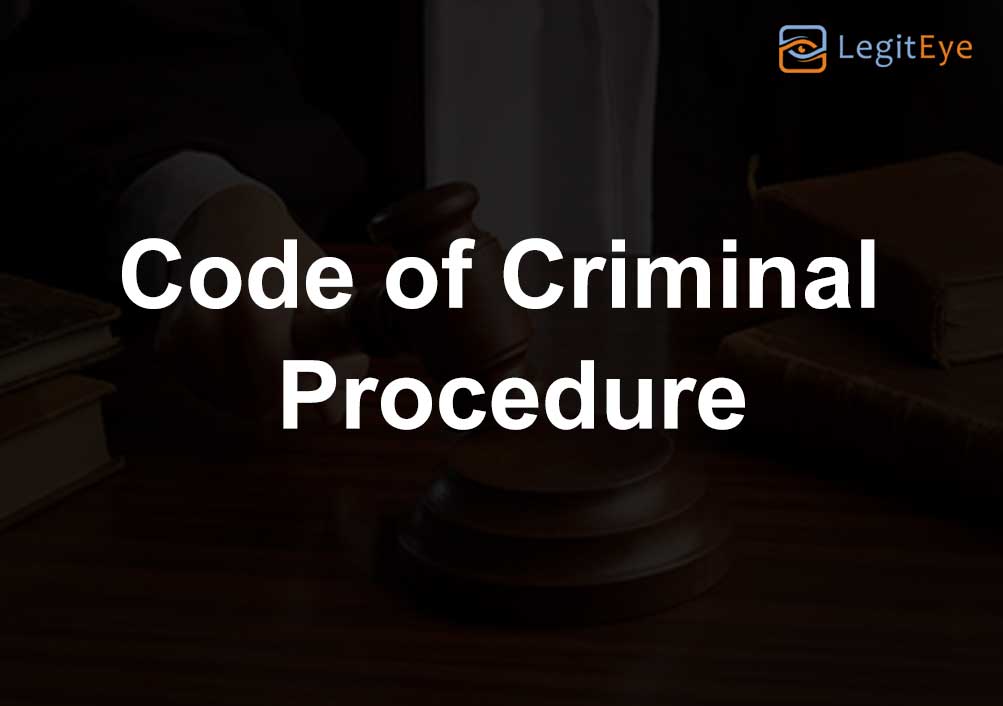In CRM-M No. 21561 of 2022 (O&M)-PUNJ HC- Order of Magistrate dismissing complainant’s application u/s 156 (3) of Cr.P.C. cannot be said to be interlocutory order; Revision petition against such order is not barred u/s 397 (2):P&H HC
Justice Pankaj Jain [07-09-2022]

Read Order: Jaswinder Singh and others v. Sukhwinder Singh Bhatia and others
Monika Rahar
Chandigarh, September 8, 2022: The Punjab and Haryana High Court has recently held that the order of the Magistrate dismissing the application of the complainant under Section 156 (3) of the Cr.P.C. cannot be said to be an interlocutory order and thus the revision petition against such order of the magistrate is not barred under Section 397 (2) Cr.P.C.
The Bench of Justice Pankaj Jain held, “Since in the present case, the Magistrate has dismissed the application filed by the petitioners under Section 156 (3). Thus, it cannot be said that it is an interlocutory order and thus the revision petition will be barred under Section 397 (2) Cr.P.C.”
Also, the Bench held, “... even though the revisional court was hearing revision against the order passed under Section 156(3) it cannot be denied that it was exercising power under Section 399 Cr.P.C. Dehors the stage of the complaint, the revisional court was bound to hear the petitioners in view of the mandate of Section 401 Cr.P.C. read with Section 399 Cr.P.C. Dehors the stage of the complaint, the revisional court was bound to hear the petitioners in view of the mandate of Section 401 Cr.P.C. read with Section 399 Cr.P.C.”
The Court was dealing with a quashing plea assailing the order of the revisional court whereby the order of the Additional Chief Judicial Magistrate, Ludhiana under Section 156 (3) Cr.P.C. was set aside.
In this case, the complainant filed a complaint against the petitioners with a prayer under Section 156 (3) for directions to the police authorities to register FIR. The Magistrate dismissed the prayer made under Section 156 (3) Cr.P.C. The said order was impugned by the complainant before the revisional court. The revisional court, while setting aside the order of ACJM, Ludhiana, remanded the complaint back to the trial Court with a direction to hear the revision petitioner and to decide the matter afresh as per law.
The counsel for the petitioners argued that the revision was not maintainable as the order of ACJM, Ludhiana was an interlocutory order. Further, it was argued that the service of the petitioners was dispensed with and the orders were passed without hearing them. Also, it was contended that the complaint itself was not maintainable for not being filed in a proper format (not accompanied by a proper affidavit).
Terming the argument about the order of the Trial Court being an interlocutory order, the Counsel for the respondents argued that the trial court rejected prayer under Section 156 (3) Cr.P.C. therefore, it cannot be said to be an interlocutory order. He further submitted that the revisional court was right in dispensing with the service on the petitioners as it was not a case wherein the complaint was dismissed under Section 203 Cr.P.C. It was added that a hearing is required to be afforded to the accused only when the order is passed under Section 203 Cr.P.C.
Thus, the precise question which arose for the Court’s consideration was whether the dismissal of a complaint by the Magistrate under Section 156 (3) Cr.P.C. amounts to an interlocutory order or not.
With respect to this question, while making a reference to the decisions of the Supreme Court and the Delhi High Court, the Court opined,
“since in the present case, the Magistrate dismissed the application filed by the petitioners under Section 156 (3), thus, it cannot be said that it is an interlocutory order and thus the revision petition will be barred under Section 397 (2) Cr.P.C.”
Next, the Court addressed the question of whether the revisional court while exercising the revisional jurisdiction over the orders passed under Section 156 Cr.P.C. is required to hear the accused or not.
The Court observed, “Coming on to the second limb of the argument raised by the learned counsel for the petitioners, it was a revision petition filed under Section 397 Cr.P.C. The revisional court was exercising powers under Section 399 Cr.P.C. Subsection (2) of Section 399 Cr.P.C mandates that the provisions of sub Section (2), (3), (4) and (5) of Section 401 Cr.P.C shall apply to the proceedings commenced before the Sessions Judge by way of revision under Section 399 (1) Cr.P.C.”
To answer the second question precisely, the Court held that even though the revisional court was hearing revision against the order passed under Section 156(3) it cannot be denied that it was exercising power under Section 399 Cr.P.C.
“Dehors the stage of the complaint, the revisional court was bound to hear the petitioners in view of the mandate of Section 401 Cr.P.C. read with Section 399 Cr.P.C.” held Justice Jain.
Thus, finding the impugned order passed by the revisional court to be bad for having been passed without hearing the petitioners and in violation of requirement as contemplated under Section 401(2) Cr.P.C., the present petition was allowed and the impugned order was quashed.
Sign up for our weekly newsletter to stay up to date on our product, events featured blog, special offer and all of the exciting things that take place here at Legitquest.




Add a Comment